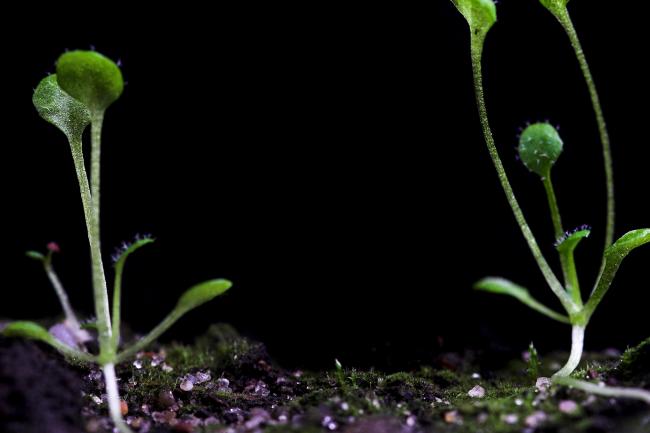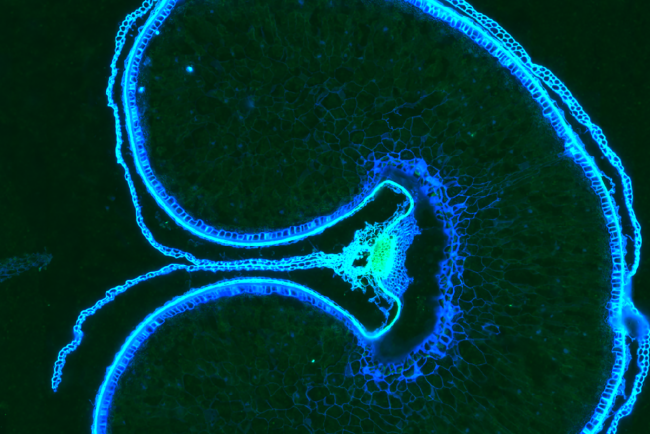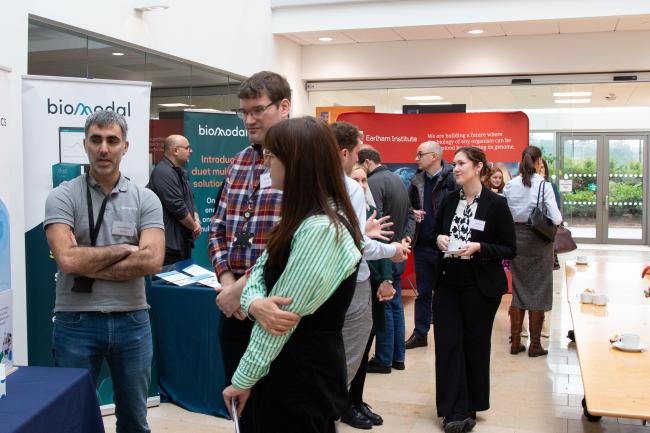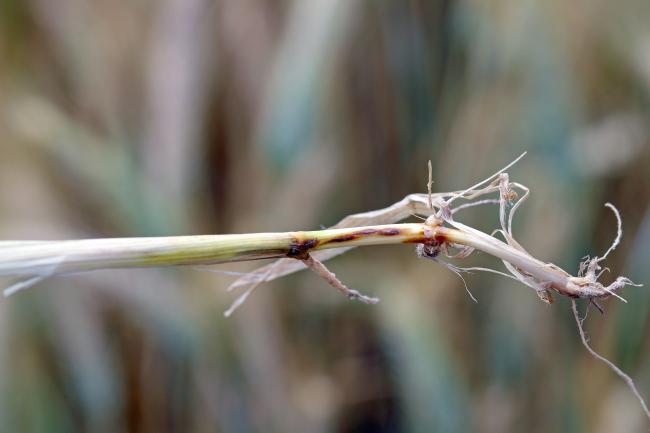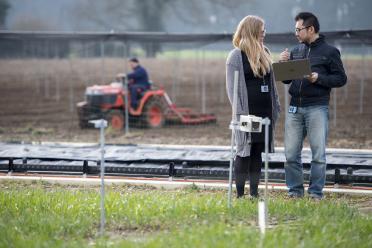
‘CropQuant’ uses Raspberry Pi computers to control infield cameras to capture and process crop growth images. In-depth analysis is then conducted on EI’s high performance computers (HPC) to enable scientists across Norwich Research Park to link environmental data with crop growth and development to reduce farming costs.
Rising temperatures, drought, nitrogen uptake, plant disease and crop lodging are major threats to global crop production. While experienced breeders or farmers could identify some issues at early stages, human observations are expensive, time-consuming and sometimes subjective.
Advanced DNA sequencing technologies have made crop genome assembly a reality; however, these advances are restricted by the low-throughput and inaccurate field phenotyping. In order to enable agricultural practitioners (crop breeders and researchers, and farmers) to improve crop yields through field-based phenotyping methods1.
Automated phenomics is introduced to measure phenomes, physical and biochemical yield traits of organisms, as they change in response to genetic mutations and environmental influences.
As an infield phenomics solution – CropQuant – invented by Dr Ji Zhou (EI-JIC) and Dr Simon Griffiths (JIC), the device continuously monitors crop growth to quantify structural features. This compares the crop’s DNA for early identification of typical genetic traits - such as drought, heat tolerance, disease resistance and nutrition; reducing potential costs.
Currently being utilised in a wheat field trial project on the Norwich Research Park CropQuant can automate the capturing of crop growth and quantify drought adaptation and colour changes during the growing season by utilising the workstation’s imagery and statistical results.
“The Agri-Tech industry indicates that the emerging field phenomics market demands cost-effective and reliable phenotyping devices, which can automate crop growth measurements and extract key yield traits data in a realistic field environment,” said Dr Ji Zhou, Phenomics Project Leader at EI. “CropQuant will provide an affordable solution to prevent crop losses, contributing to food security, as well as industrial and academic purposes.”
CropQuant, together with a tailored high-throughput analysis pipeline, surpasses existing crop phenotyping solutions in cost2, mobility and maintenance. Environmentally, to aid precision agriculture, CropQuant could help farmers and breeders to control chemical applications to specific regions identified by workstations - protecting the quality of surrounding land and water.
To reliably quantify large crop phenotypic features, Dr Ji Zhou is developing new algorithms to conduct data analysis directly in the field using CropQuant. This function will be exceptionally beneficial for breeders or growers to speed-up their crop selection process. The EI/JIC team are currently working with industrial partners to test CropQuant and gauge interest from targeted beneficiaries.
CropQuant can also be used in large crop improvement programmes conducted by leading biotech companies, agricultural research institutes, crop insurance companies, and governments accountable for preventing crop losses.
Dr Zhou, added: “We have not identified a comparable commercialised device in both industry and academia to CropQuant. Some research groups have placed digital cameras in the field to perform continuous crop imaging. However, due to the design limit, those infield devices could only acquire images and do not have computation capabilities. Hence, they are limited in computer controlling and infield crop quantification, which cannot be easily improved for automated phenotyping and precision agriculture.
“The CropQuant device has a real potential to function as a service for agricultural practitioners and will benefit precision agriculture practices in the East Anglia region.”
EI is strategically funded by BBSRC and operates a National Capability to promote the application of genomics and bioinformatics to advance bioscience research and innovation.

